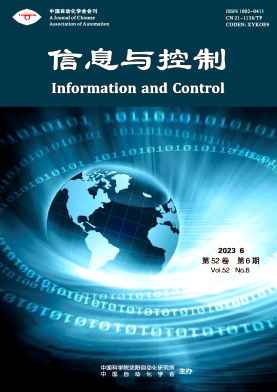On relative completeness of Hoare logics
Q4 Mathematics
引用次数: 7
Abstract
In this paper a generalization of a certain theorem of Lipton (“Proc. 18th IEEE Sympos. Found. of Comput Sci.” (1977), pp. 1–6) is presented. Namely, we show that for a wide class of programming languages the following holds: the set of all partial correctness assertions true in an expressive interpretation I is uniformly dedicable (in I) in the theory of I iff the halting problem is decidable for finite interpretations. In the effect we show that such limitations as effectiveness or Herbrand-definability of interpretation (they are relevant in the previous proofs) can be removed in the case of partial correctness.
论霍尔逻辑的相对完备性
本文推广了利普顿的一个定理(第十八届IEEE学术会议,Proc. 18)。发现。计算机科学(1977),第1-6页)。也就是说,我们证明了对于一类广泛的程序设计语言,下列成立:在表达性解释I中为真的所有部分正确性断言的集合在I的理论中是一致可奉献的(在I中),如果暂停问题对于有限解释是可决定的。在结果中,我们表明,在部分正确的情况下,解释的有效性或Herbrand-definability等限制(它们与前面的证明有关)可以消除。
本文章由计算机程序翻译,如有差异,请以英文原文为准。
求助全文
约1分钟内获得全文
求助全文

 求助内容:
求助内容: 应助结果提醒方式:
应助结果提醒方式:


